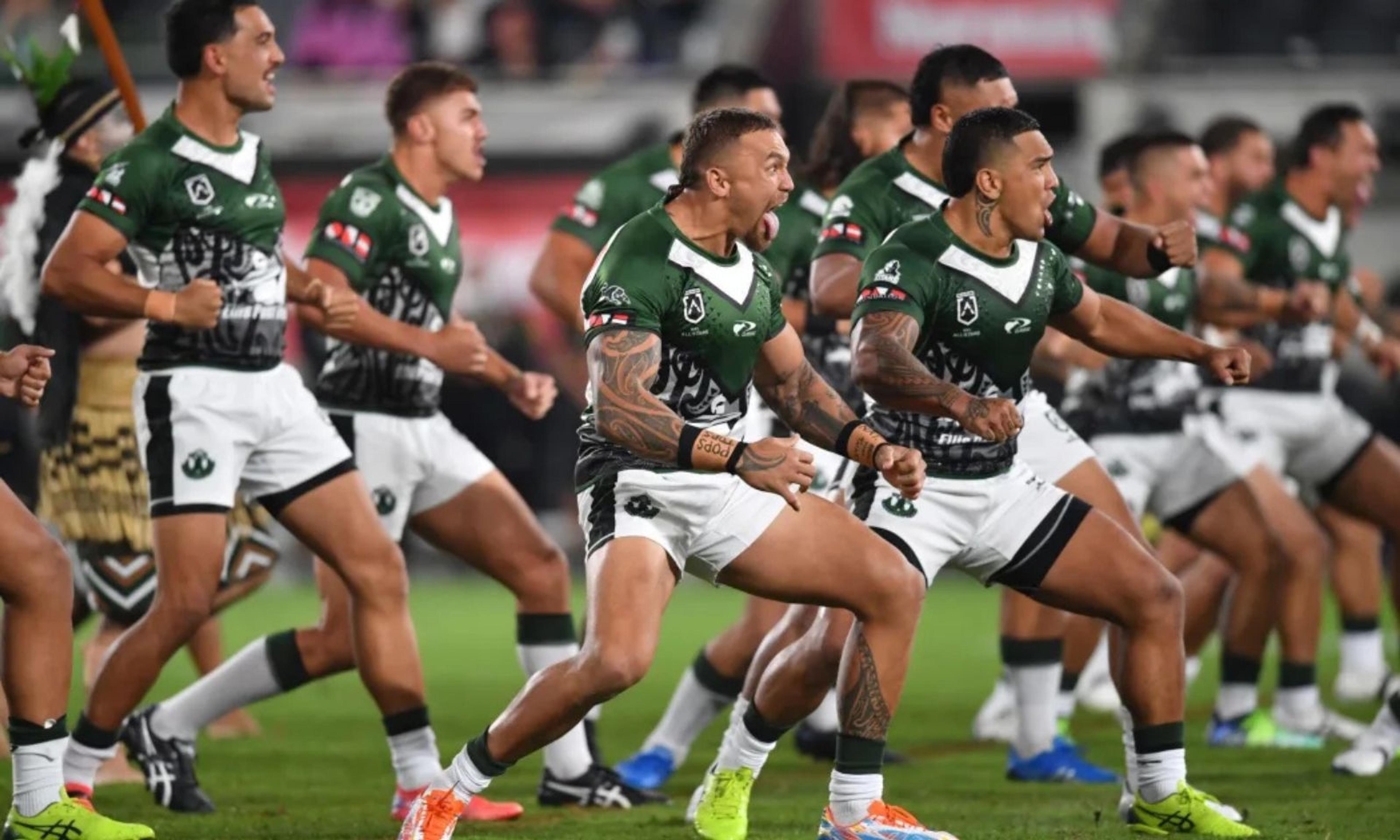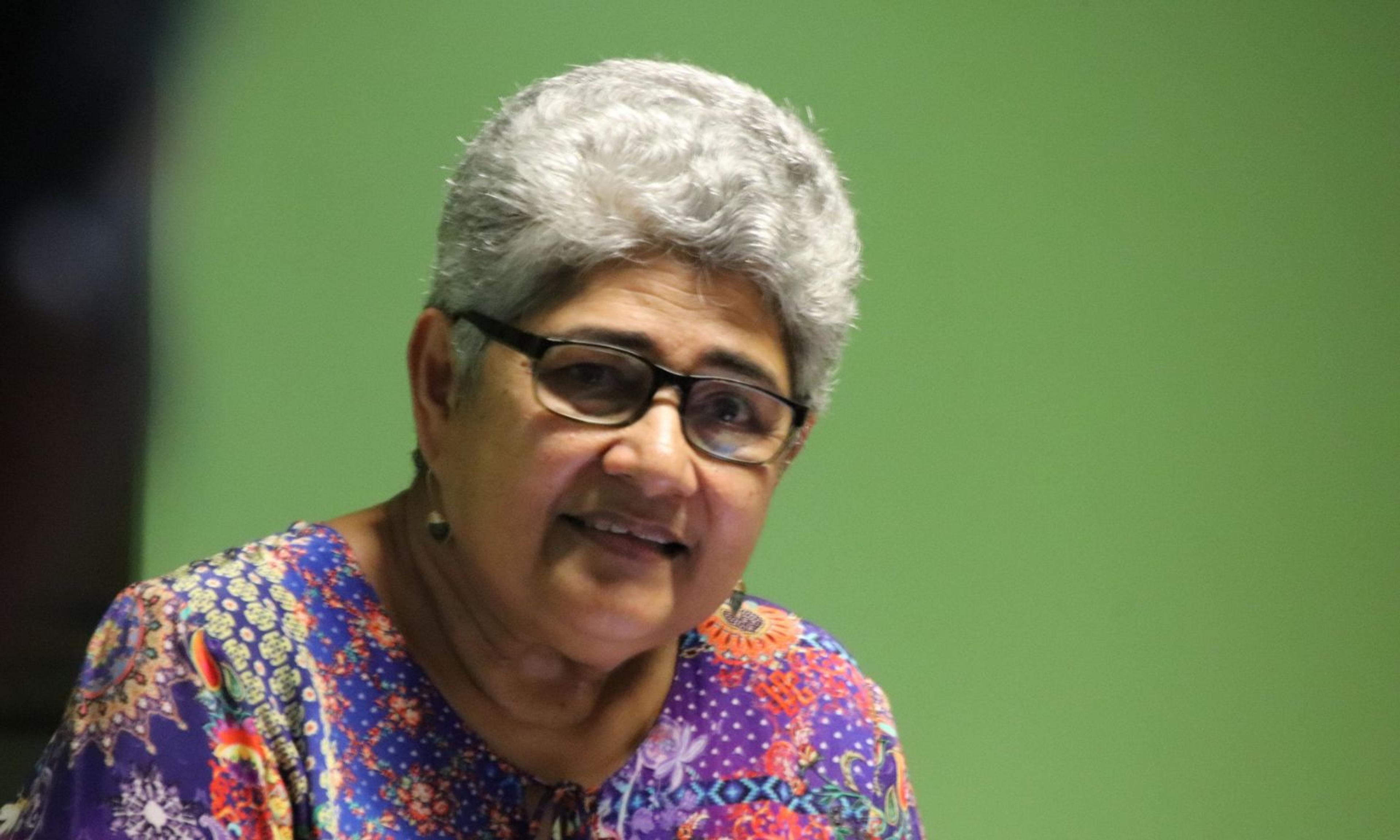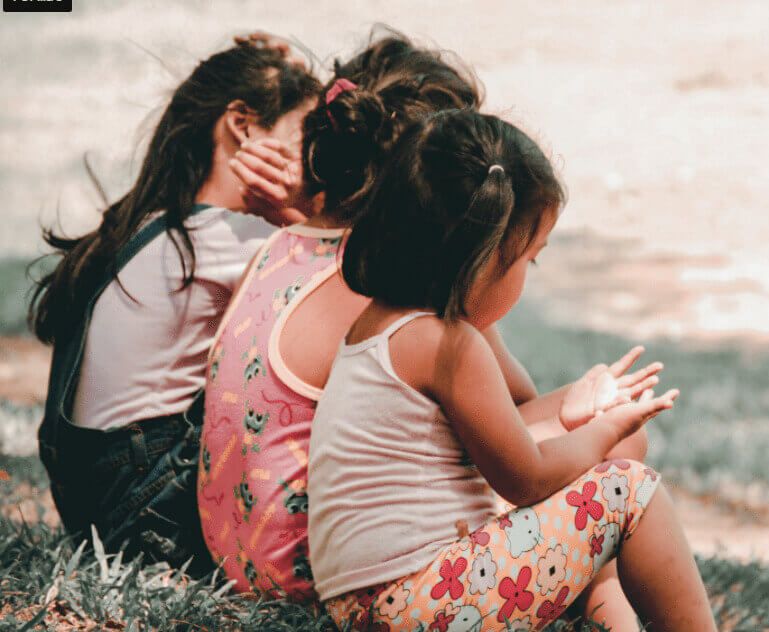

Shamima Ali says there is a need for data and definition on child trafficking in the region.
FWCC
Experts call out govt inaction against child trafficking in the Pacific
The kidnap and exploitation of children are among the worst forms of violence and an urgent response is needed to address the problem, human rights advocates say.

Time for an Indigenous State of Origin? The All Stars game shows who really powers the NRL



There is a lack of education, data and definition in the fight against child trafficking in the Pacific, a human rights advocate says.
Shamima Ali, of the Fiji Women's Crisis Centre, said child rape is rife and rampant in many parts of the Pacific.
“But as far as trafficking is concerned, it should be of concern even if there's a little bit of it left happening,” she told Pacific Mornings’ Levi Matautia-Morgan.
Watch Shamima Ali’s interview below.
Ali has been defending the promotion and protection of civil and political rights as well as the promotion protection and realisation of economic, social and cultural issues for nearly 40 years.
The 71-year-old feminist was awarded Amnesty International Aotearoa New Zealand's inaugural Human Rights Defender Award in 2022.
She was also awarded Vanuatu's 40th anniversary medal for her work in eliminating violence against women and children.
According to Save the Children, child trafficking is a crime and “represents the tragic end of childhood”.
It said child traffickers exploit girls and boys primarily for forced labour and sexual abuse.
“Children account for 27 per cent of all the human trafficking victims worldwide, and two out of three child victims are girls.
“Sometimes sold by a former member or an acquaintance, sometimes lured by false promises of education and a better life.
“The reality is that these trafficked and exploited children are held in slave-like conditions without enough food, shelter or clothing, and are often severely abused and cut off from all contact with their families.”
Ali said there was a need for data on child trafficking in the Pacific region.
“We can't call it a crisis because we don't have any real data and we haven't agreed on a definition of child trafficking.
“Missing children has been an ongoing phenomenon in this country for a very long time. Children go missing then they're found at parents, at other people's relatives' places, or they've gone out with their friends and so on.

Save the Children says child trafficking is a crime and “represents the tragic end of childhood”. Photo/supplied
“Though, over the years, we have had perhaps one a year, two a year, which is concerning, that have never come back, or police have just left off looking for them, and we don't know what happened to them.
"We do know of children who have been taken away and studied by people over the years. By known paedophiles who have come here and taken them away and then used them, exploited them sexually and so on once they are out of the country.”
The Fijian government is accused of neglecting the issue of human trafficking.
Since 2021, FJ$10,000 (NZ$7320) has been allocated annually to fund a Human Trafficking Unit of two officers to work with the Department of Immigration.
That is not enough, human rights advocates warn, pointing to the lack of funding, and urged the coalition government to address the problem as it does against drug trafficking.
A report by the US Department of State titled 2023 Country Reports on Human Rights Practices: Fiji, highlighting Fiji's issue of child sex tourism said the Fijian government had not met the "minimum standards" for the elimination of trafficking.
Neither does New Zealand, which for a third year in a row, has found itself on the Tier 2 list of The Trafficking in Persons Report 2023.
“I believe that there needs to be a lot of education around child protection, about how we treat our children. The negligence is rife and quite widespread among children,” Ali said.
“We need to encourage a different way of bringing up children and encourage children to speak out and not to be seen and not to be heard - that kind of attitude. I think those things need to happen in schools.
“Education needs to be also there from people who know the subject."
Ali said she was also concerned about drug abuse in Fiji youth, domestic violence and the lack of support for those affected.